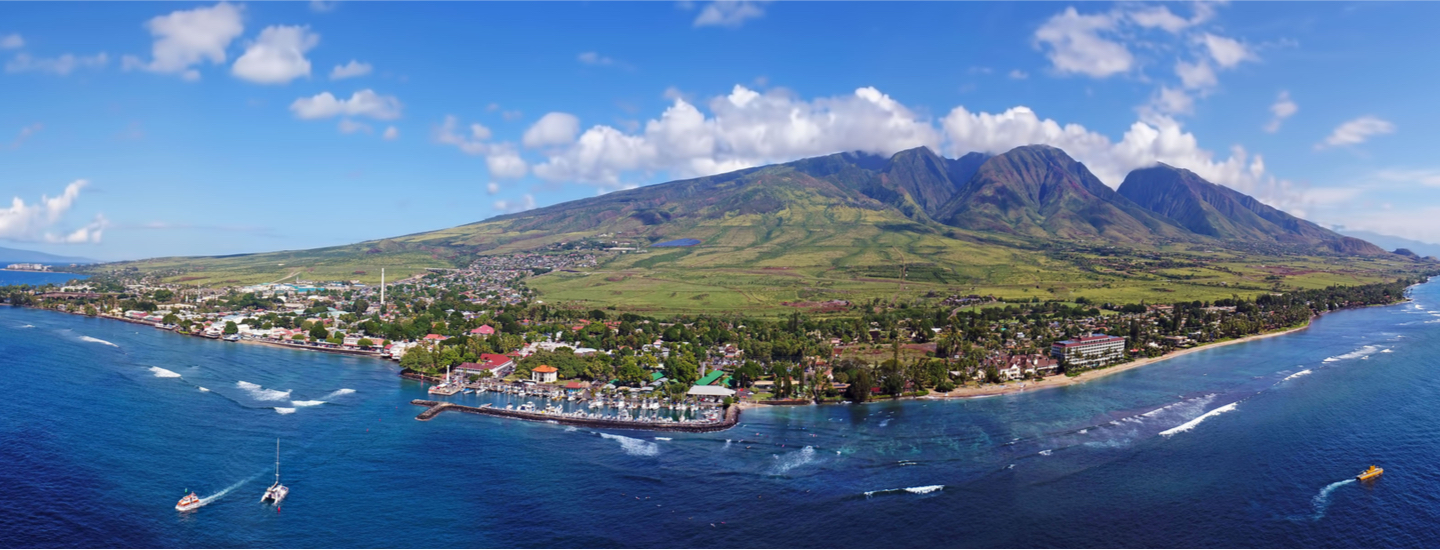
The devastating fire in Maui on August 8th has not only affected the entire community on Maui, but has also impacted the environment and Surfrider’s environmental campaigns to address protection of Maui’s waters. Surfrider Maui’s longstanding campaign to protect nearshore waters from pollution from the Lahaina Wastewater Reclamation Facility (“Facility”) culminated in a 2020 U.S. Supreme Court victory that lead to the recent draft water quality permit. The National Pollutant Discharge Elimination System (“NPDES”) draft permit was published on June 30th of this year for public review and comment. Surfrider Foundation and our coalition organizations, Hawaii Wildlife Fund, Sierra Club – Maui Group, and West Maui Preservation Association, as represented by Earthjustice, have submitted comments to improve the draft permit, noting concerns regarding reef integrity, resource preservation, and freshwater allocation, and have also called for a public hearing. However, the comment period is not closed. The Department of Health (“DOH”), recognizing the great strains on the Maui community after the fire, has extended the comment period to until September 13, 2023 to give the community more time to provide input, and the decision on the public hearing will likely be announced after that date.
The comments submitted by Surfrider and our allies advocate for enforceable mandates to regulate the Facility’s discharges in order to protect and improve coastal water quality. Due to tremendous concern regarding the water quality safety and resources at Kahekili Beach and Hā‘enanui Haenanui reef, the comments point out that this permit should not only protect water quality from nutrients and other pollutants, but also underscore the need for water reuse on the island. Our comment letter argues the need for DOH to impose meaningful limits on the discharge of nutrients from the Facility in order to address water quality degradation at Hā‘enanui. The draft Permit should not be allowed to maintain existing pollutant levels that exceed water quality standards. Citing past violations exposed from previous monitoring data, we argue that the draft permit must be revised to require reductions in current pollution levels and adhere to state water quality criteria, including for total nitrogen, nitrate + nitrite nitrogen, and total phosphorus.
The submitted comments also urge DOH to enforce requirements for the expansion of the Facility's recycled R‐1 water infrastructure and uses, as the current recycled water system is inadequate. We urge 100% R‐1 reuse to eliminate pollution and provide water for various non-potable uses, emphasizing the benefits of reducing demand on existing water resources. Our comments also underscore the significance of safeguarding traditional and customary Native Hawaiian practices and call for DOH to assess and mitigate the impacts of the Facility's operations on such practices to comply with constitutional obligations. Finally, we stress the importance of transparency and public access to data, including water quality monitoring reports and permit-related documents, which will help foster transparency and participation in the regulatory process.
The Maui Chapter has posted on how to comment and example talking points here. Interested members of the public have until September 14th to submit written comments to: cleanwaterbranch@doh.hawaii.gov or Department of Health Clean Water Branch, P.O. Box 3378, Honolulu, Hawai‘i 96801-3378.
Surfrider Foundation is working diligently to support the Maui community, and especially the critical water resources currently threatened after the fire. Not only was the early August fire devastating to the affected families and the entire community, but also that the impacts on water quality and public health in the nearshore waters remain unknown. Surfrider Foundation is investigating the impacts and how best to protect the Lahaina community in the aftermath of the fire, through the current LWRF permit, and other proactive protection measures to address impacts from the fire. In addition to making the comments noted above, Surfrider advocates can stay connected to the Maui Chapter and Surfrider Hawaii efforts here.
